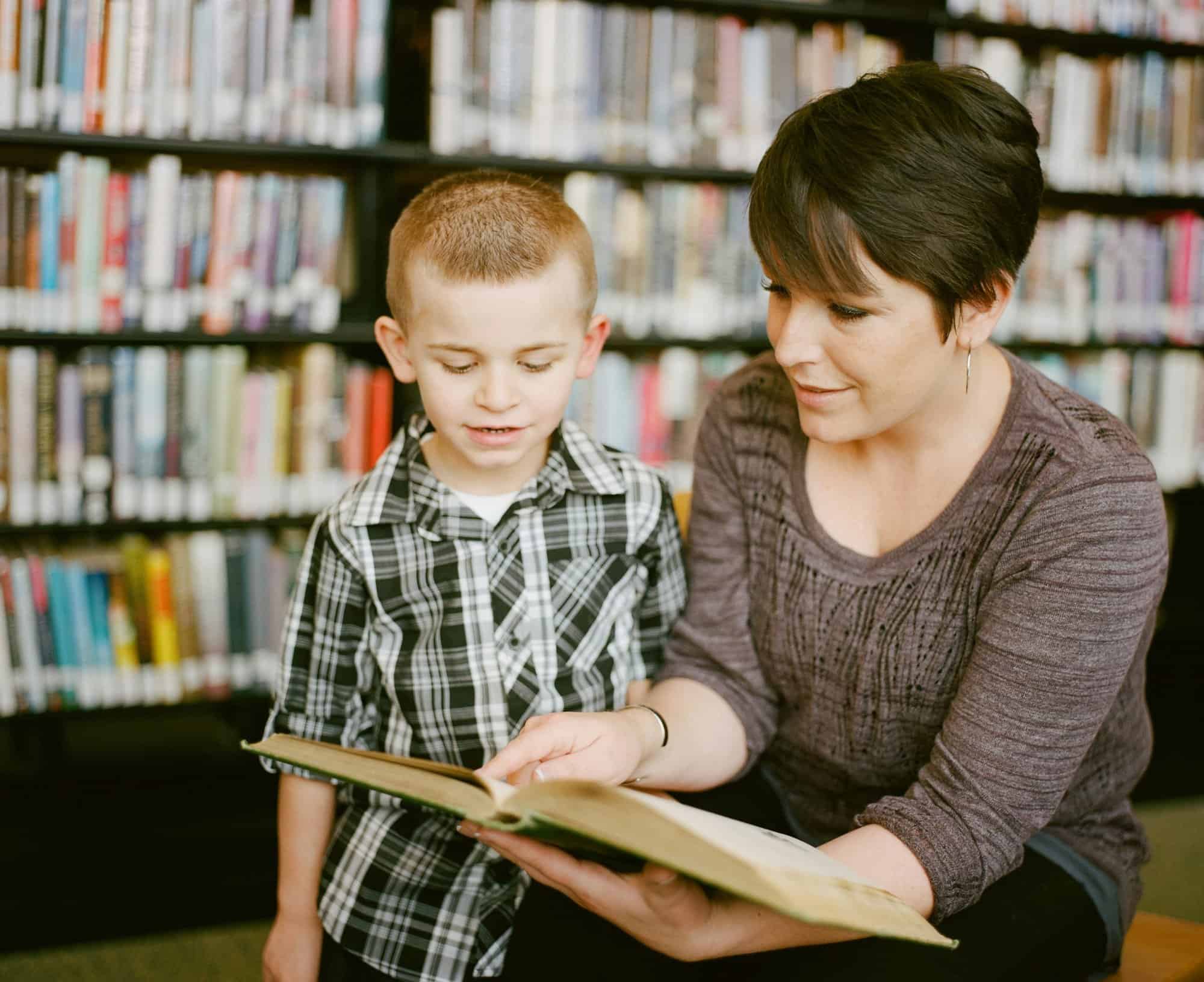AfriForum says honesty and practical plans are required to improve children’s reading skills
In response to the findings of research on South African children’s shocking lack of reading skills, AfriForum says that teamwork between parents and teachers, honesty about shortcomings in the country’s education system and practical solutions are needed to ensure that the youth’s literacy levels improve.
According to a report compiled from data of the South African Systemic Evaluation and the Southern and Eastern Africa Consortium for Monitoring Educational Quality, about 80% of the country’s Grade 3 learners cannot read with comprehension. By Grade 6, the figure had dropped by a mere 10% to about 70%.
““It is clear that most of the country’s education authorities are powerless to offer solutions to the reading crisis,” says Alana Bailey, AfriForum’s head of Cultural Affairs. “The age at which children start reading is now being blamed for the results, but the age has been the same for decades, while children’s reading skills are deteriorating all the time. A compulsory Grade R, as introduced by the Basic Education Laws Amendment Act (better known as Bela), is not the golden key that will unlock the door to literacy.”
According to Bailey, reading skills start at home, with parents reading to toddlers. At school level, teachers must continue the process of transforming children who can listen attentively into children who can read attentively themselves.
“Parents must do their duty and can be supported by creating more libraries and abolishing import duties on books. Books have become so expensive that few households can afford them, even if parents want to read to their children. They must be encouraged and helped,” she believes.
“Once children start school, the essentials that are currently missing are smaller classes so that children can receive individual attention until their reading ability has been sufficiently developed, as well as mother-language instruction offered by adequately trained teachers. The Department of Basic Education’s dishonesty about how quickly dysfunctional schools are improving is not helpful at all, because 80% of children who cannot read with comprehension indicate regression, not progress. Without honesty about the extent of the problem, it cannot be tackled.”
Bailey adds that factors such as malnutrition and unsafe schools also contribute to learners’ lack of achievement. “Communities need to cooperate with the department to provide solutions, because the longer the problem persists, the less likely it is that the country will ever show meaningful economic growth. If education authorities alienate concerned parents, as is happening with the curtailment of decision-making powers of school governing bodies, these relationships are jeopardised to everyone’s detriment.”











